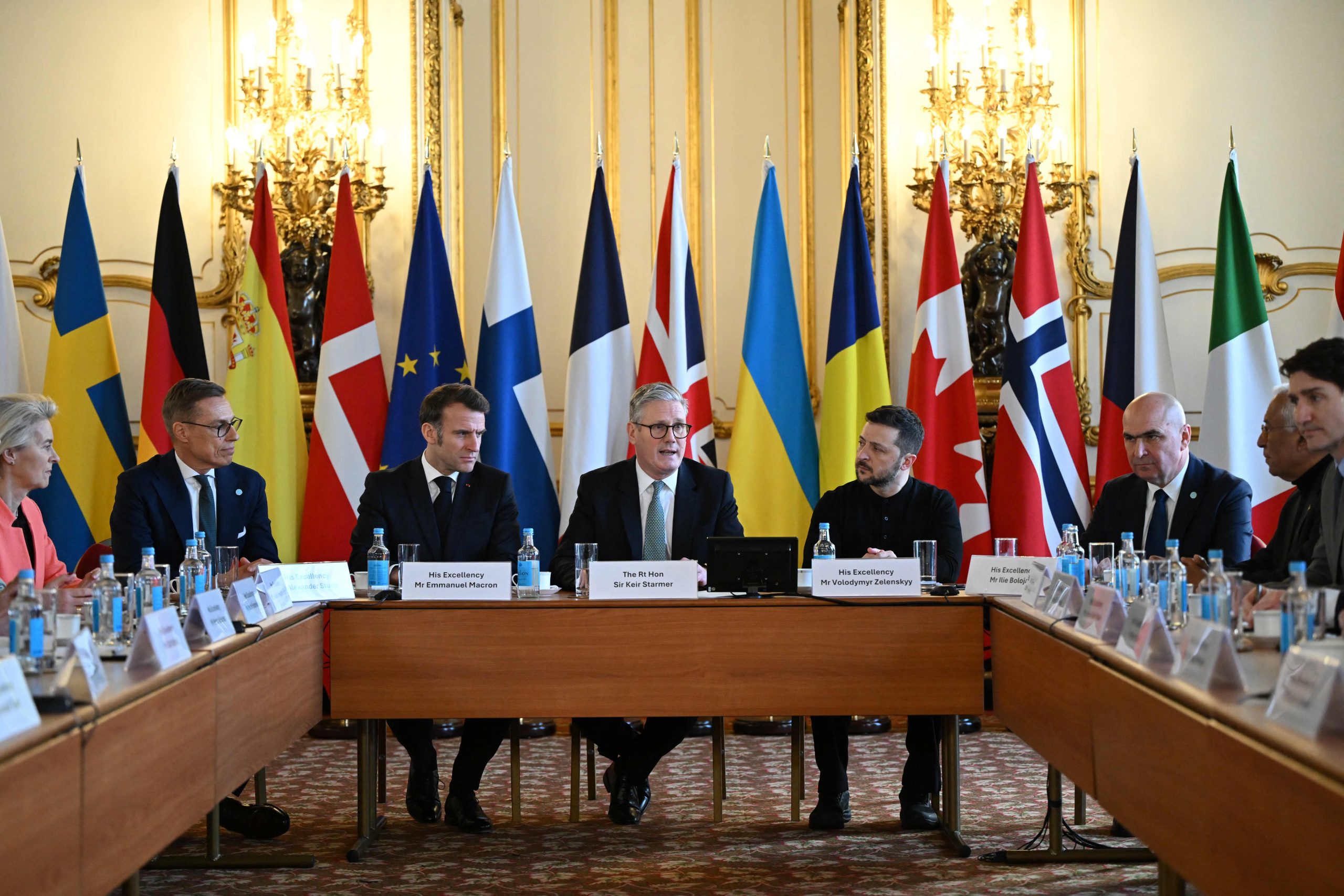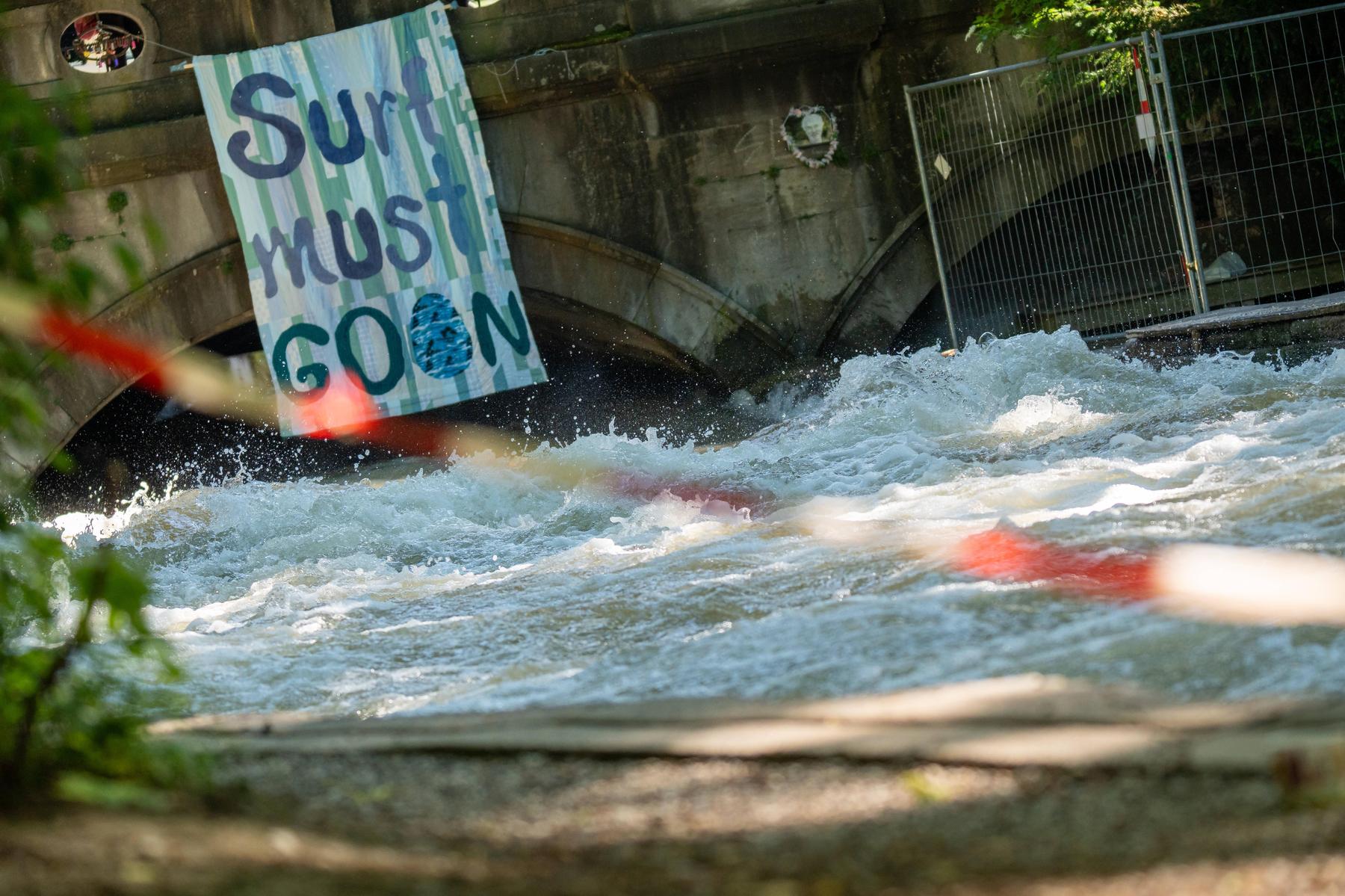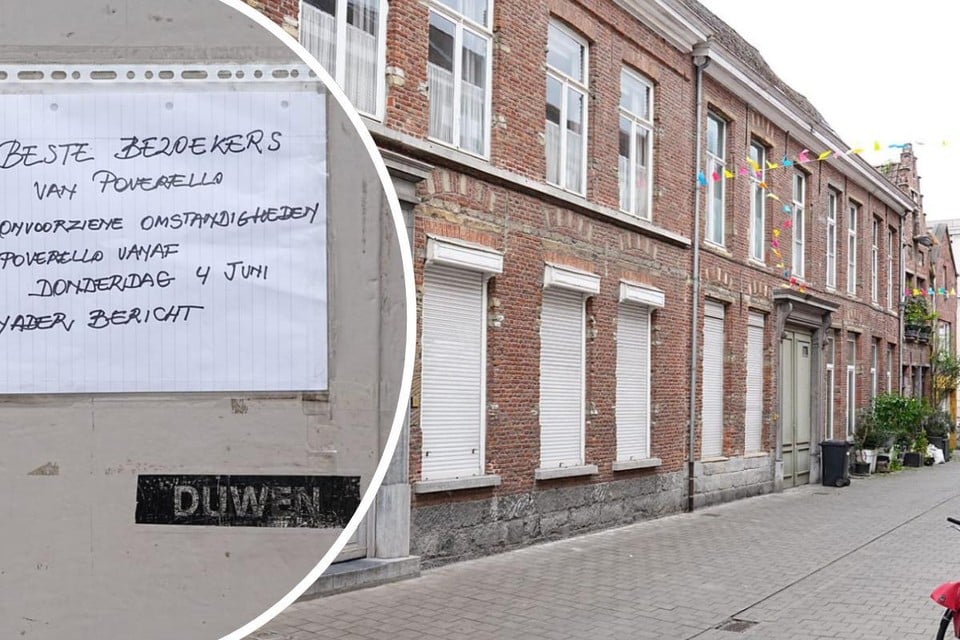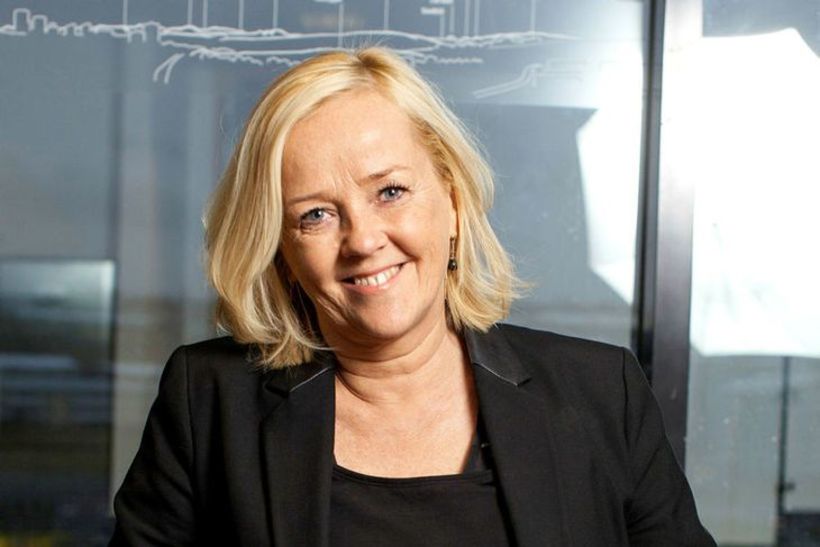Does Europe come too late?

European leaders met last Sunday in London with Ukrainian President Volodymyr Zelensky to discuss Europe's role in conflict resolution. At the summit, in addition to the rulers of 11 European Union countries-France, Germany, Spain, Italy, Czech Republic, Romania, Denmark, Netherlands, Norway, Poland, Finland and Sweden were also present Canadian Prime Minister, Justin Trudeau, Turkish President, Recep Erdogan, General Secretary, Mark Rutte, the president of the European Commission, Ursula von der Leyen, the president of the European Council, António Costa, and, of course, host Keir Strmer, Prime Minister of the United Kingdom.
The meeting took place two days after the episode in the Oval Room between Donald Trump, Jd Vance and Zelensky, where they sounded again the alarms of an American withdrawal, falling on Europeans – and other members of the Atlantic alliance – responsibility for helping Ukrainians. The conference motto, which took place at Lancaster House, in the center of the British capital, was «Securing Our Future»
Western division?
With tensions between Washington and Europe, there is certainly the risk of a break. The Italian Prime Minister, Giorgia Meloni, reinforced the idea that it is necessary «Avoid the risk of dividing the West»process in which «The United Kingdom and Italy can play an important role in building bridges». «It is very important that we talk to each other, which we coordinate»said the Italian leader. «I have proposed a meeting between American and European leaders. If we divide, we will all be weaker »concluded.
The ideological differences between most European leaders and American administration are also a difficult barrier to overcome, which is why Meloni can be a key piece in rapprochement. He can speak the language of Donald Trump and Jd Vance – a conservatism based on common values and culture – and is aligned with Europe as to the war in Ukraine, which could allow him to be an interlocutor of value increased by a dialogue that all who are really committed to sustainable peace are indispensable.
Ambitious plans
Yesterday, the EU leaders met in Brussels again in an extraordinary summit whose theme is precisely the same. On Tuesday, von der Leyen exposed a plan, valued at 800 billion euros, aimed at the rearmament of Europe at a time when the transatlantic relationship is not at its best. «We are in an era of rearmament»said the president of the European Commission, « And Europe is ready to massively increase its expenses in defense, both to respond to the short -term urgency of acting and supporting Ukraine, and to respond to the long -term need to assume greater responsibility for our own European security. ». According to Euronewsthe plan is based on five base measures, of which is a « New instrument to raise 150 billion euros in markets and grant loans to Member States wishing to invest in capacities such as anti-Simissile defense, artillery systems, missiles and ammunition, anti-drug drones and systems or military mobility. ». « The loans would be guaranteed by a margin of maneuver in the EU budget, explained an employee of I who spoke on condition of anonymity»can also be read in the website from the Euronews.
A few days ago, Finland President Alexander Stubb also came up with a proposal that can untie the impasse, fostered by uncertainty and distrust in Vladimir Putin of the ceasefire. The idea, first presented by US Senator Lindsey Graham, provides for Ukraine's automatic entry into the NATO in case of violation of the possible ceasefire agreement. «If we do not get that (the Ukrainians) enter the NATO at this time»said Graham to Political, « My idea is to be clear: to say to Putin that if you do this again, if there is another Russian raid in Ukraine, this implies the automatic admission of Ukraine in the NATO».
Thus, the issue of what will actually do Europe to be a player Active on the international scenario, but it seems that rearmament is the way. As for the situation of Ukraine, the plans may be executed too late, and Zelensky has already been open to a peace collaboration under Trump's leadership, being available to sign the mineral agreement. There are also experts who argue for the Ukrainian conflict to end similarly to Korea in the mid -century.
A new Korea?
The possibility that the outcome in Ukraine is similar to that of Korea in the 1950s is a thesis that has been approached throughout the conflict. Edward M. Druce, a former British Executive special advisor who exposes analysis of current events based on historical events, strengthened the argument about this issue in a publication on the social network Xusing the book “The Korean War« From Carter Malkasian: «Rhee (President of South Korea) vehemently opposed the Armistice. I wanted the unified Korea and that all the Chinese forces were taken from the Korea. The Koreans filled the streets of Seoul and other cities of South Korea to speak up. Most South Koreans supported President Rhee's position that the Armistício should not be completed until North Korea was not released. Rhee was uncompromising ». «(In 1953, Walter Robertson (Deputy Secretary of State) and General Clark (Commander of the United Nations) conferred daily with South Korean President Rhee»continues Druce, quoting Malkasian, “Threatening him with an American withdrawal if he did not cooperate in the Armistício and promising him virtually unlimited American help if he did. Rhee resisted the pressure, helped by US reports that seemed to indicate an almost revolt of the Republican senators against their own administration ». As happened recently with Zelensky, “They eventually persuaded Rhee that the South Korea was useless to try to act alone. On July 8 (15 days before the signing of the Korea Armistício Agreement), Rhee finally issued a public statement promising to cooperate ».
The story applied here seems to be one of the most likely ways for the end of the Ukrainian conflict, which makes Europe's rearmament intentions more in the medium or long term than to resolve the current conflict.







